“We need to have a wilder attitude”
Giant tortoises in Madagascar, how to shop for native plants and rewilding books to inspire and make you think.
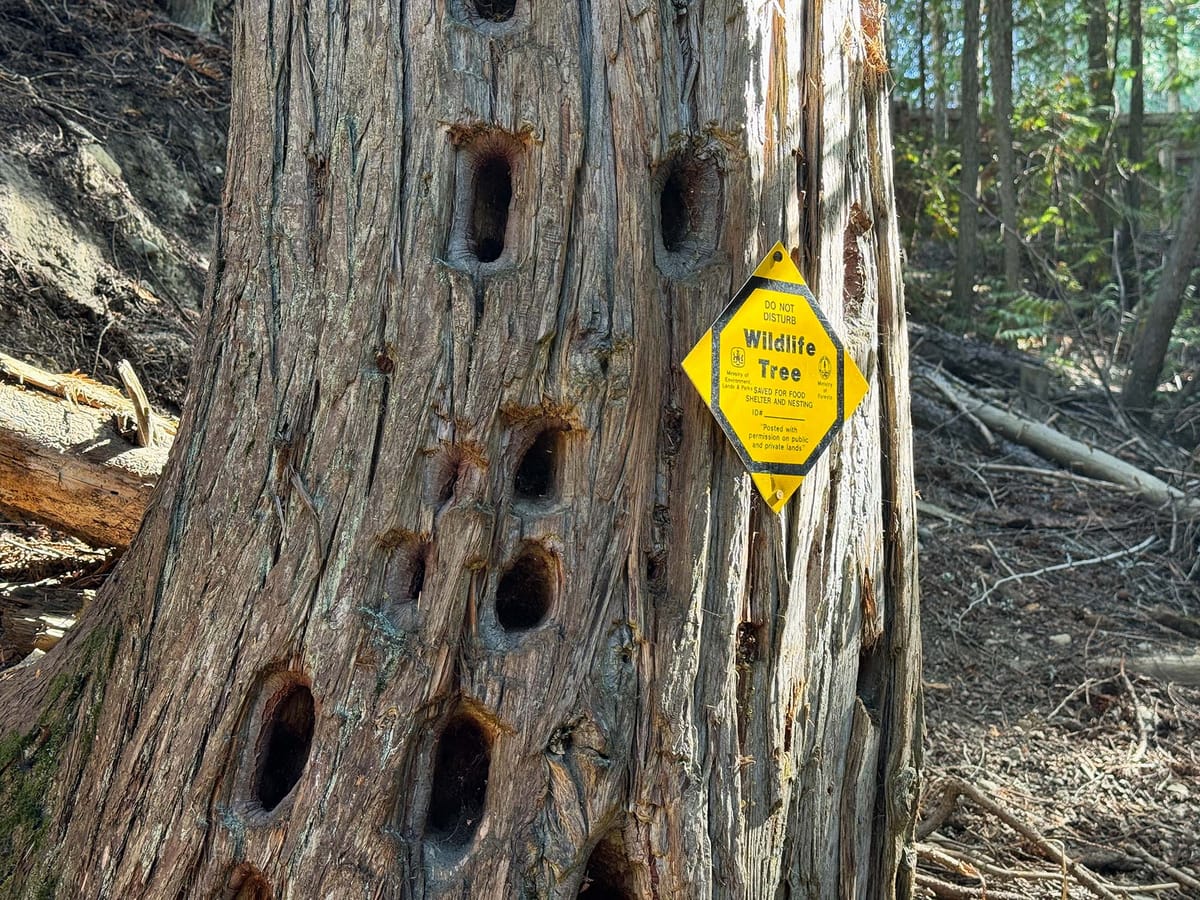
Rewild everything, everywhere, all at once
The quote in this month’s subject line is from British writer Ian Parsons, editor of recently released book Great Misconceptions: Rewilding Myths and Misunderstandings. According to Parsons, rewilding in the sense of making space for natural processes can and should happen everywhere, from the smallest gardens to the largest landscapes. But he is also a firm believer that rewilding needs to happen inside our heads, too. Read more about what he means below.
On this side of the Atlantic, we’re excited to announce that a new rewilding exhibition has opened at the Canadian Museum of Nature in Ottawa, presented by none other than Rewilding Magazine (yes, us!) and the David Suzuki Foundation. We sent a writer to the opening and will be publishing her article soon; in the meantime, start planning your trip to Canada’s capital. Don't worry: you’ve got until September 8, 2025, to make it.
Also in this issue: good news about giant tortoises (and amazing photos too), plus research on the human impact on biodiversity and thoughts on why and how to shop for native plants.
And as always, thank you to all our supporters for helping keep this little publication going. You are appreciated! Even more so when you share our articles far and wide. 😄
Stay wild,
Domini Clark and Kat Tancock, editors
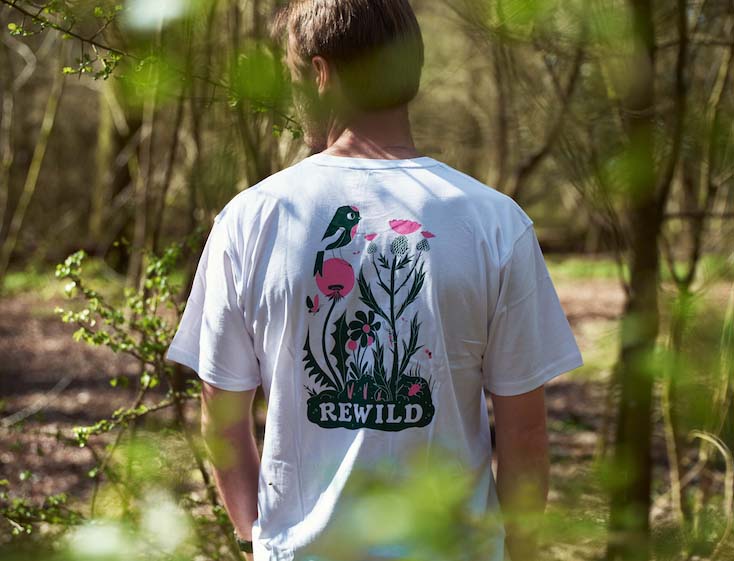
“We need to rewild our mindset”
A new book rounds up perspectives on rewilding that show its broad applicability – and why adjusting how we think should be the first step.
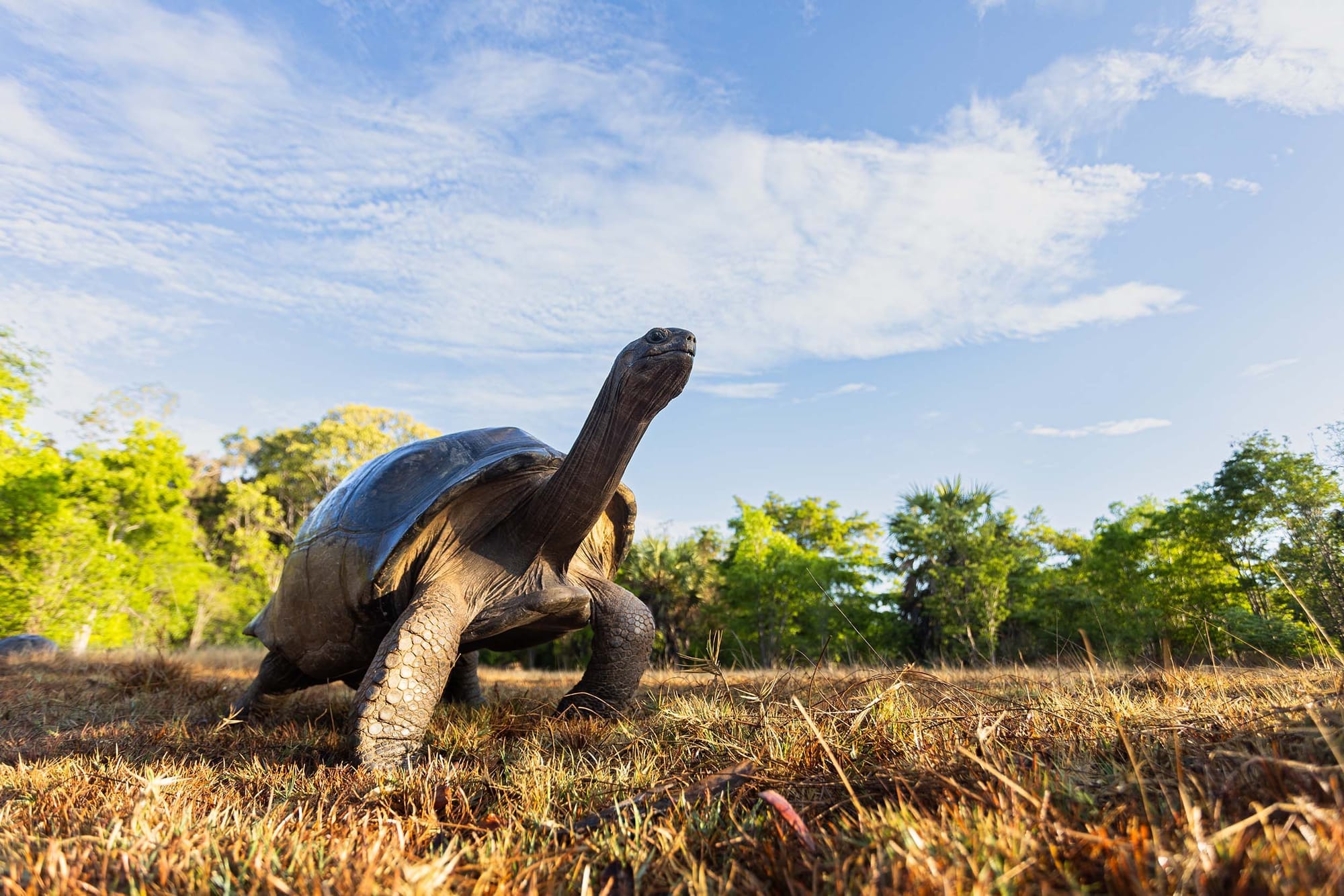
Madagascar’s giant tortoises are back – after 600 years
Giant tortoises were once an integral part of Madagascar’s ecology. Through reintroductions, scientists are hoping to help restore the land and boost its resilience.
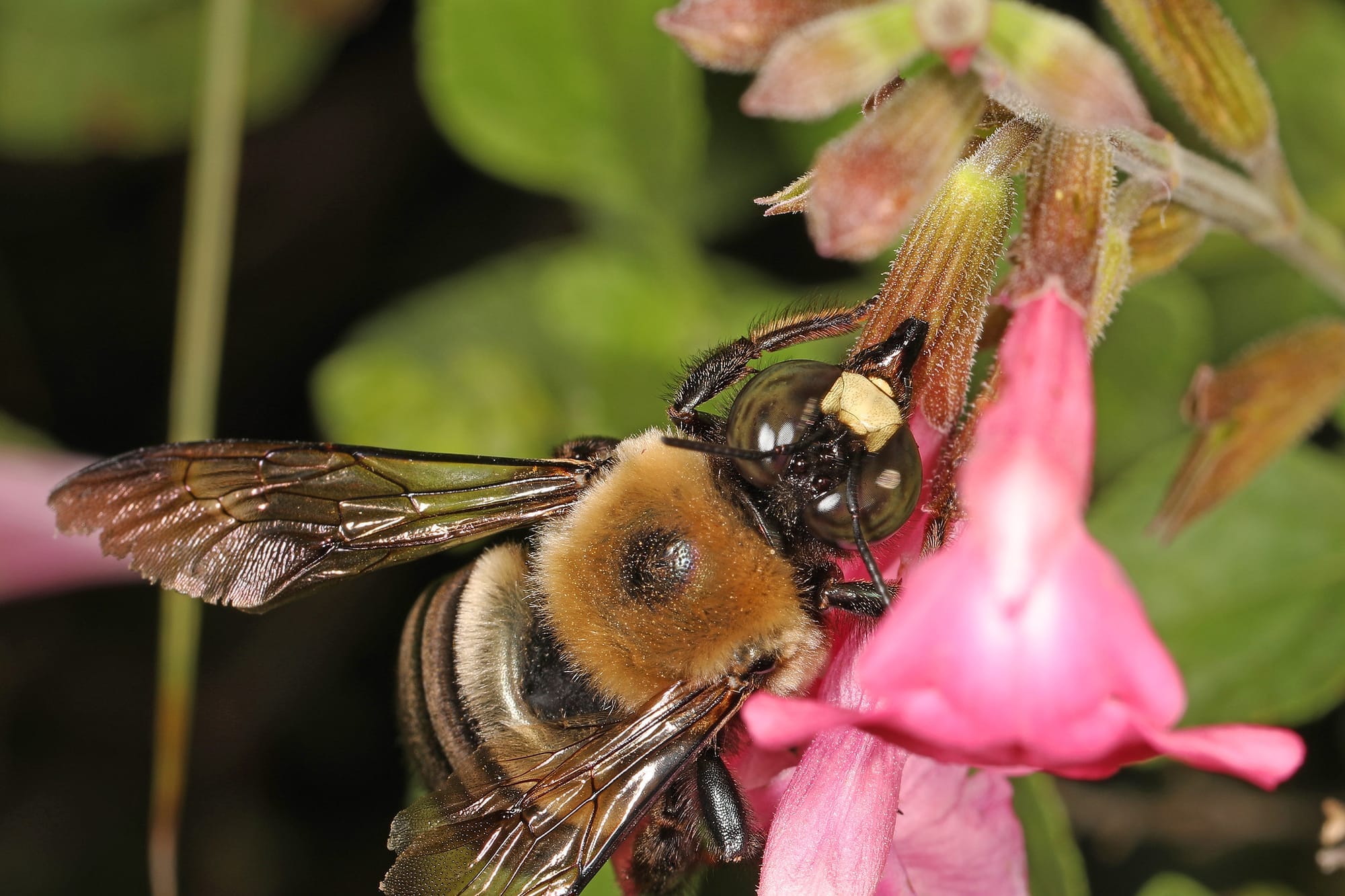
Yes, rewilding your garden matters
In her new book One Garden Against the World, author Kate Bradbury demonstrates how individual action can lead to significant impact.
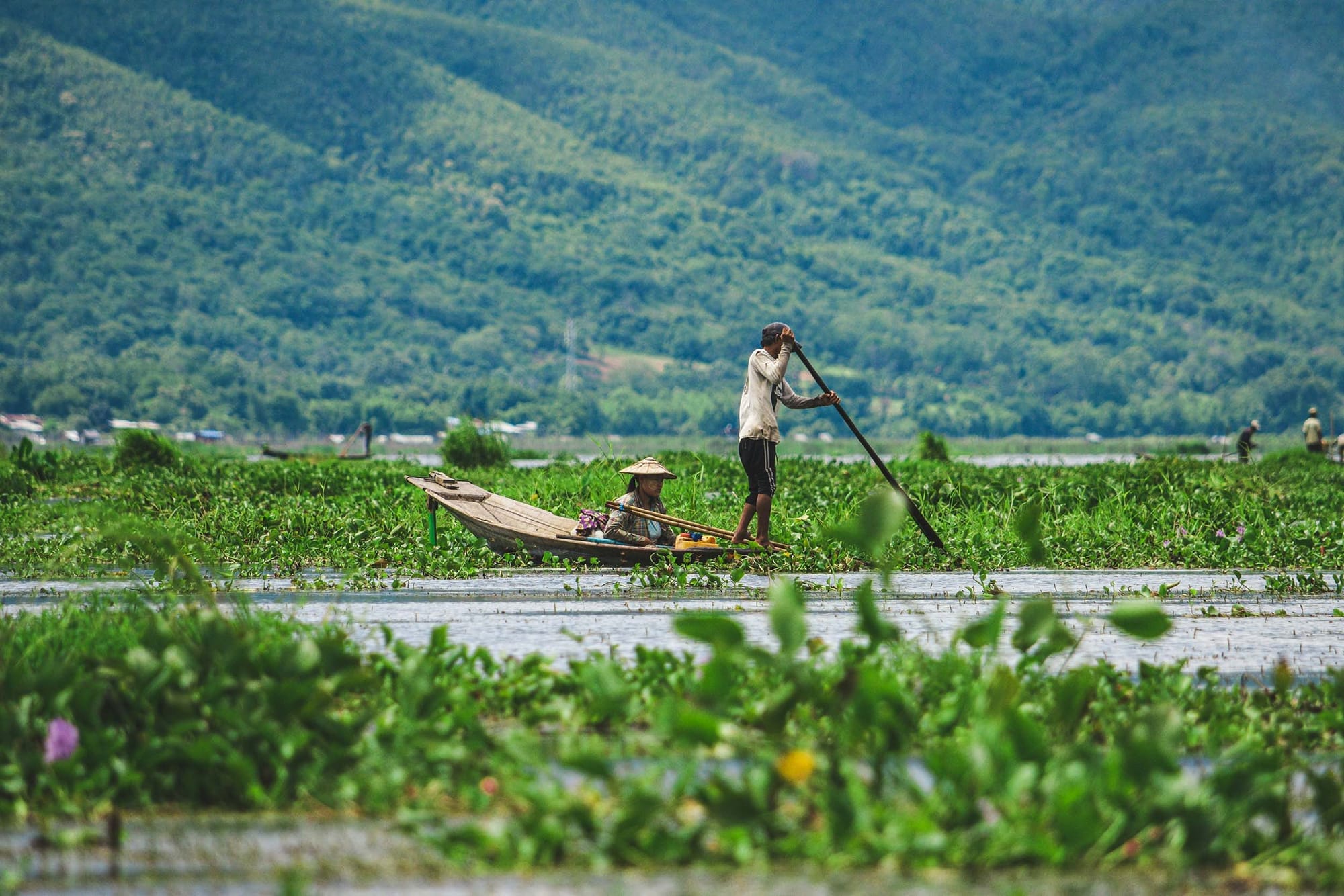
Are people bad or good for biodiversity?
Should rewilding mean removing people? New research shows that human influence isn’t necessarily a bad thing.

How to shop for native plants
So you want to put native plants in your yard – great! But where do you find them, and how do you know they're the right ones?
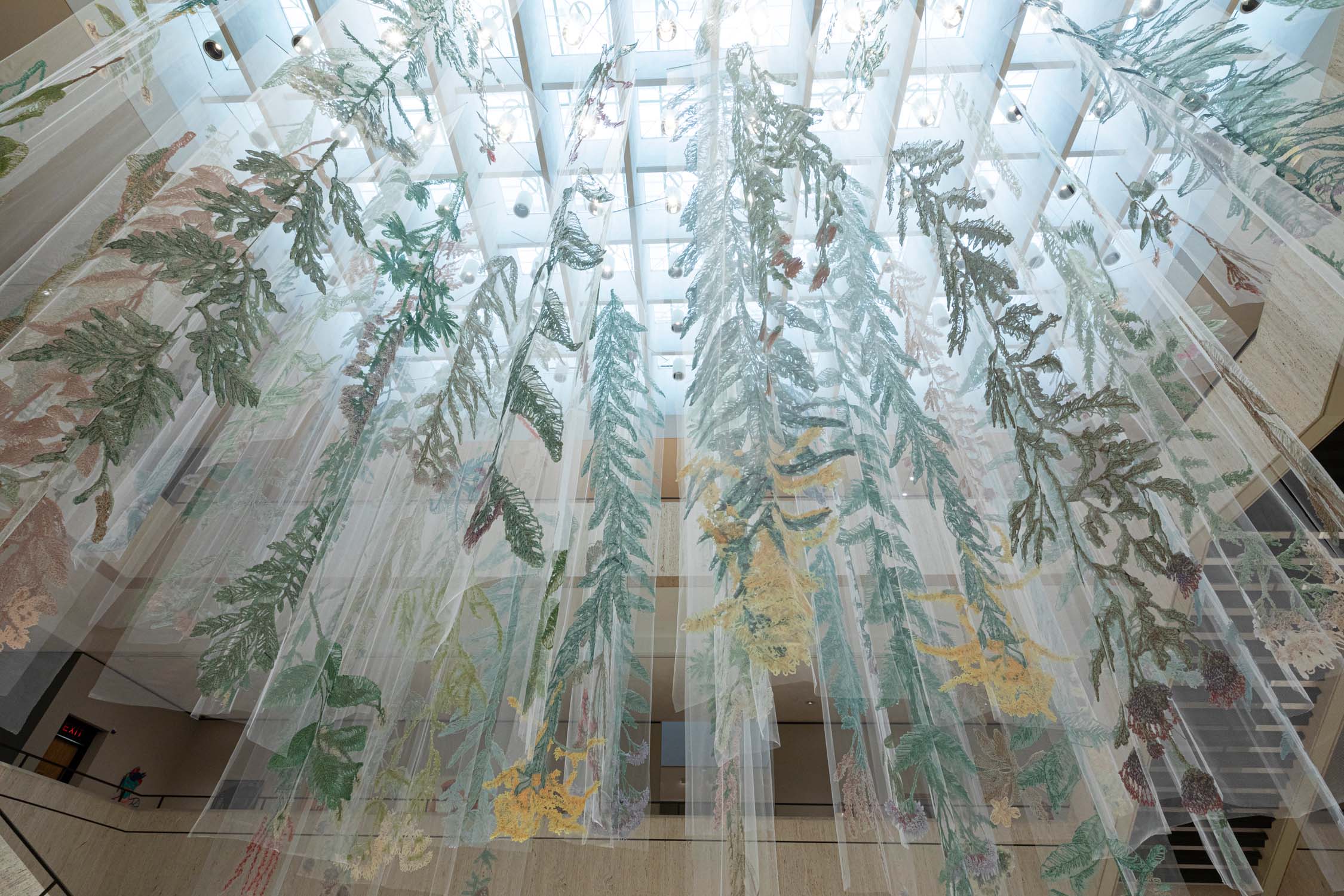
The Rewilding Arts Prize showed us there's always more to see – and to share
The movement for a wilder world needs everyone on board. These artists and Rewilding Arts Prize winners are among those leading the way.
Recommended reads
Nick Hayes and Jon Moses have curated an illustrated collection of friendly essays in an enchanting book about restoring “our cultural relationship with nature.” Its focus is the UK, where the right to roam movement is reclaiming vast swaths of the countryside that have been out of bounds, questioning the premise of “private property” and the notion of trespass.
Wild Service is a refreshing read, a heartfelt collection of people’s experiences of being touched by an insight, a revelation, a moment of merging into belonging with birds, butterflies, flowers, fruit trees, forests, water, anything natural. These moments emerge out of lives lived honestly. Out of art, or song, or science, rediscovery of kinship takes each writer out of the species loneliness humanity has assigned itself. Each story tells of a homecoming, shows how we desperately need to come home, and provides a guiding map.
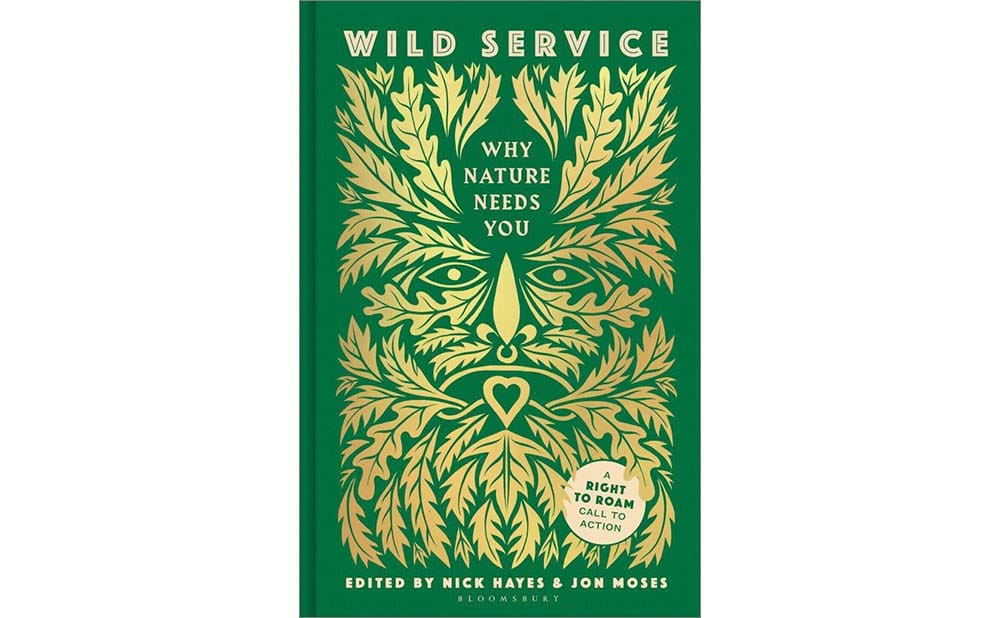
Wild Service is delightfully creative at all levels. Nick Hayes’ stunning illustrations wrap themselves around your heart, suddenly leaving you somewhere wild and wide eyed. Intermittent chapters on the architecture of belonging explore the wonders of random rope swings, dens, cairns and other human place markers.
Ultimately this is a book for our times, made of love, and showing the way to heal our fractured selves. – Helen Cushing
We encourage you to borrow Wild Service from your local library or purchase from an independent bookstore.
Elsewhere in rewilding
The Narwhal has a fantastic look at Aski Reclamation, a group founded by members of British Columbia First Nations who – amid numerous obstacles and complications – are attempting to reclaim old oil and gas wells and heal the land.
While the UK gets a lot of attention when it comes to rewilding projects, Liverpool isn’t a name that comes up often. But a project introducing rain gardens, green walls, pollinator spots and islands into the city’s urban centre has just won an international award.
If you’ve ever been fortunate enough to encounter a wild horse, you’ll know how special – almost magic – the experience is. And if you haven’t, perhaps you’ll stand a better chance if efforts to reintroduce them to Spain are successful.
On a similar note: A herd of tauros – a type of cattle bred to resemble the now extinct aurochs that once roamed Europe – is set to be released into the Scottish Highlands. It’s hoped the movements and actions of the large animals will benefit the ecosystem and help shape the landscape.
Sorry (not sorry) but I guess we’re on an animal kick this week. A conservation trust in India has just released nine pygmy hogs into a national park. The tiny porkers (Porcula salvania, to be proper about it) are described as the world’s smallest and rarest wild pig. Surely they deserve as much attention as Moo Deng?
❤️ Enjoy this newsletter?
Send to a friend and let them know that they can subscribe, too.
Share your expertise: Do you know a project, person or story we should feature? Let us know.
Just want to say hello? Click that reply button and let us know what you think – and what else you'd like to see. We'd love to hear from you.


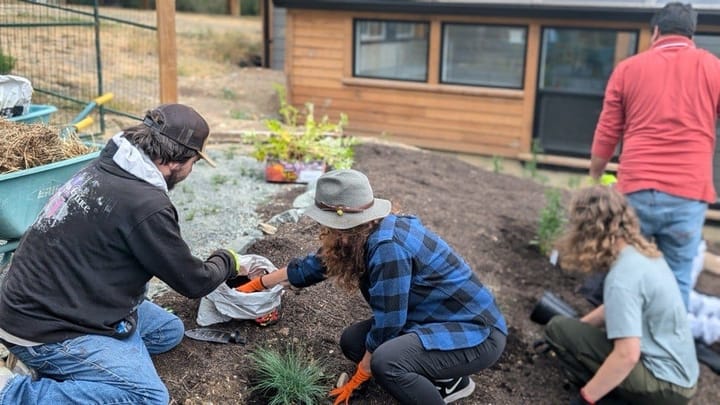
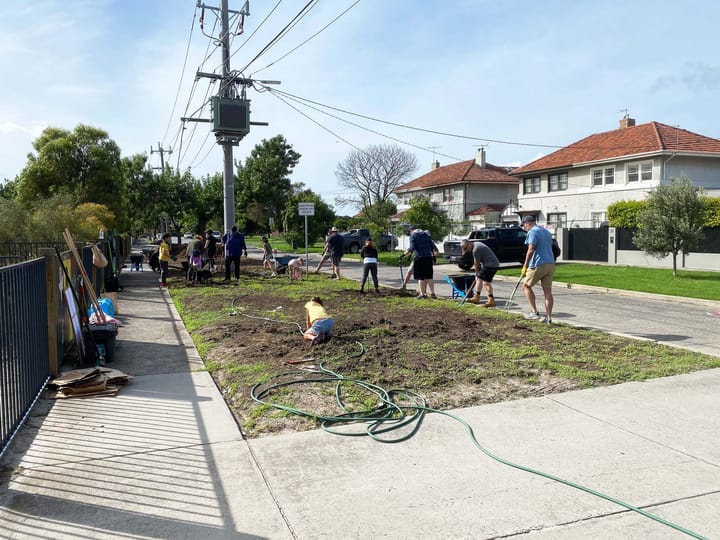
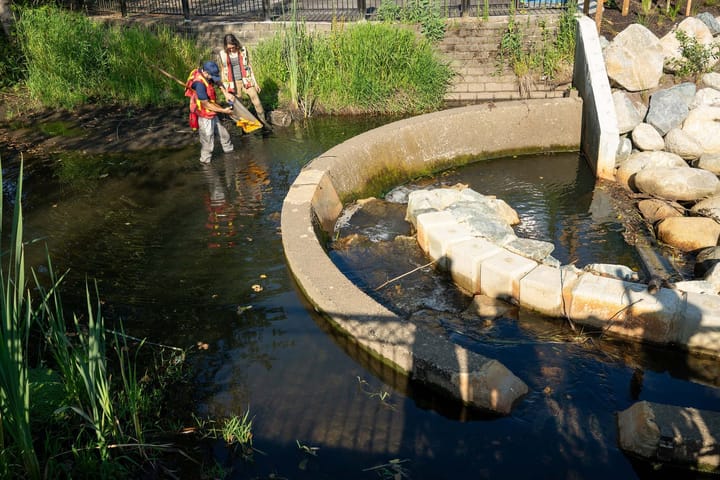
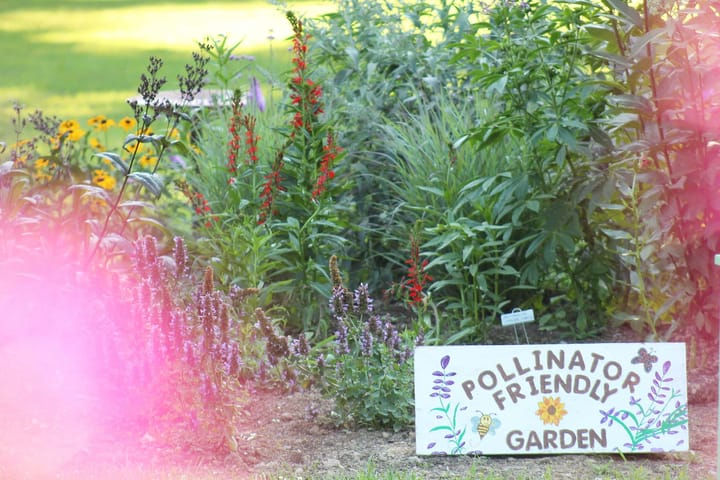
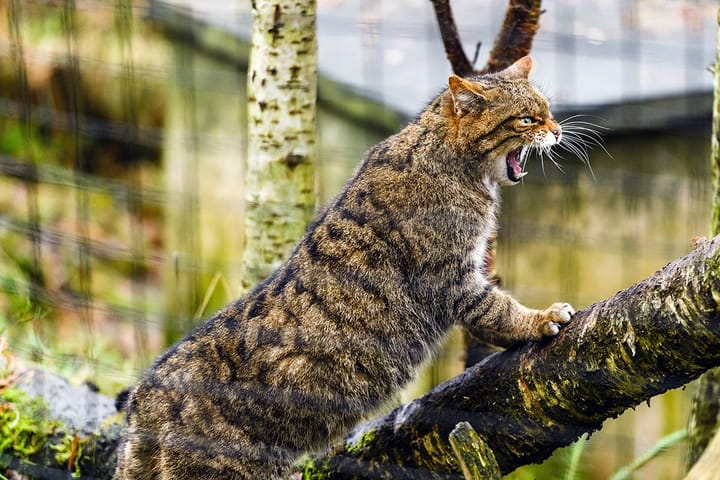
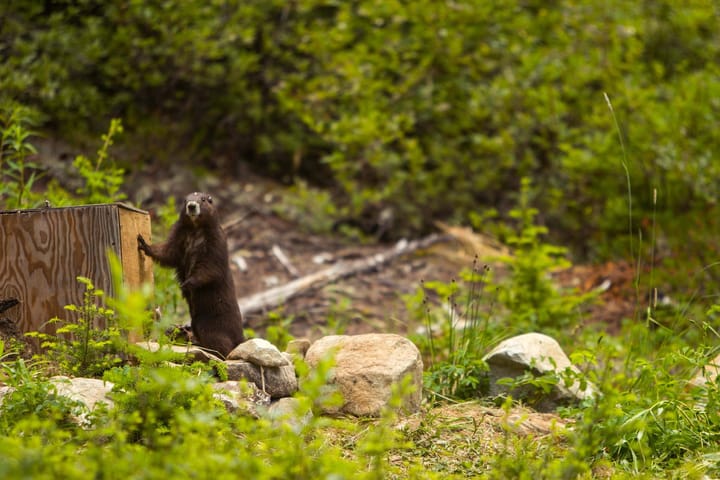
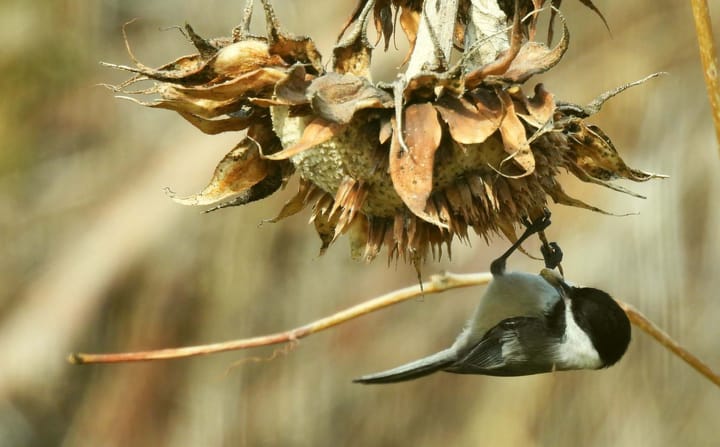


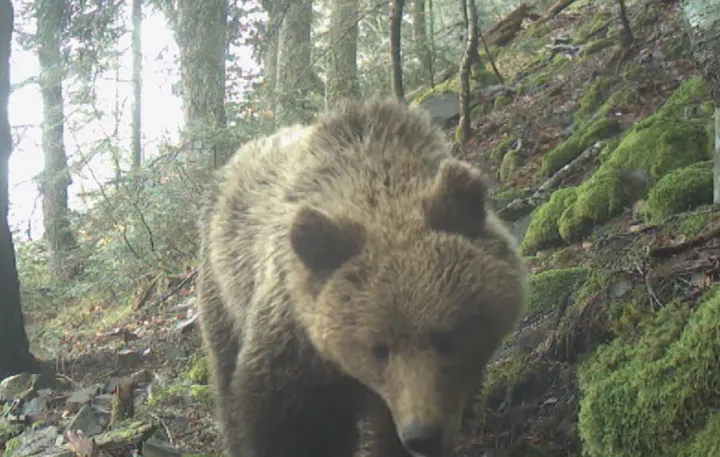
Comments ()